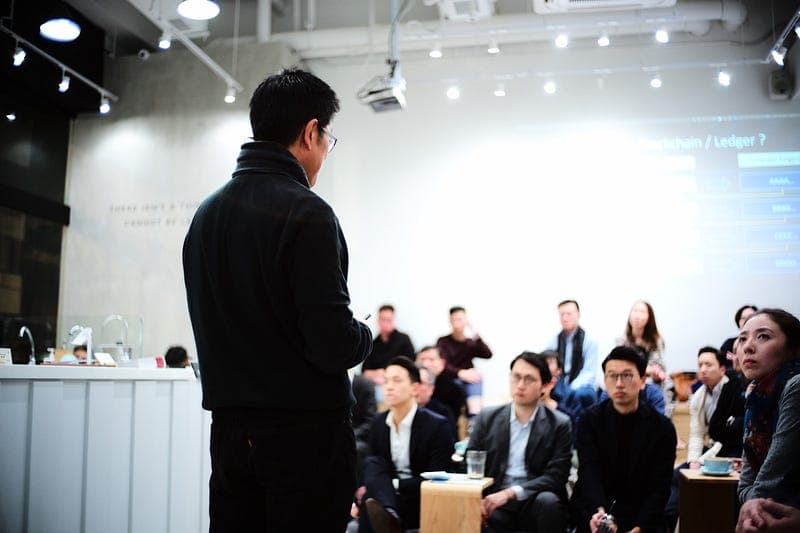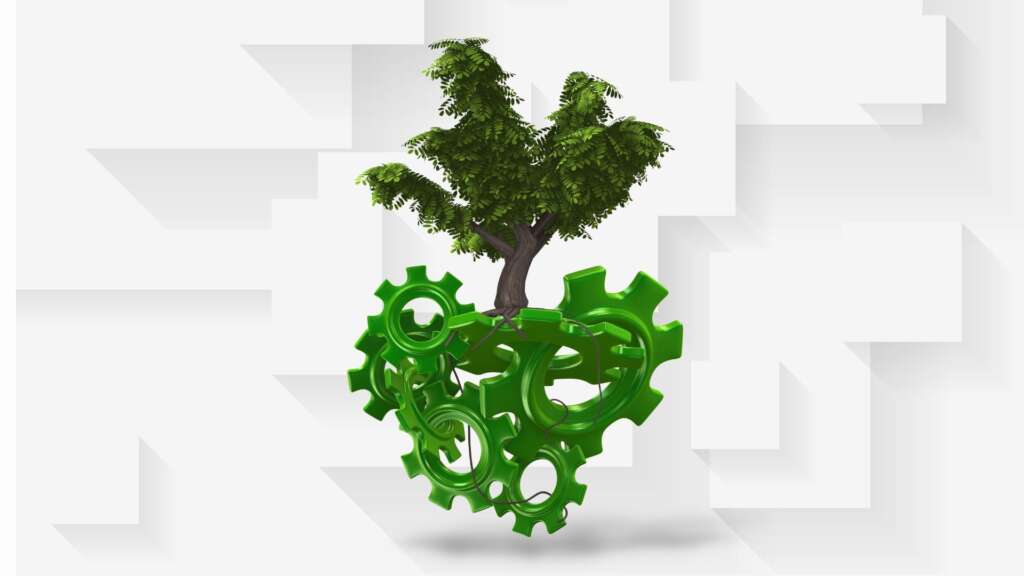Hello future - The Rise of Blockchain and its Implications
Widely regarded as the greatest invention in the past century, the Internet has drastically transformed the way we live our lives, granting us access to treasures of knowledge, instant information, and unparalleled social connectivity all over the world. Ironically, given the information obtainable, it is ultimately the Internet that has also become the causation of increasing fraudulent behaviour and lack of trust among humans.
Whether you’re a coffee shop owner looking to import some high quality coffee beans, or you’re simply trying to find a nice dress on an online shop, you’re prone to the same risk of being conned. In the same way that you cannot verify whether you’re buying high quality fair trade beans before receiving them, neither will you be able to tell whether the dress you’re buying would look the same as it does on the website in its real form. The key to solving this trust and verification issue? Blockchain.
The Blockchain Solution
As a decentralised, distributed digital public ledger, Blockchain enables transactions to be recorded and linked across a high number of computers, meaning alterations to any records would also require further changes to subsequent transactions, making Blockchain theoretically unalterable. Blockchain rose to popularity as the underlying technology behind popular cryptocurrency Bitcoin, and in recent years, leading corporations like IBM, JP Morgan, Intel and the Linus Foundations have led a Hyperledger project to develop Blockchain Technology on enterprise application level.
Why the hype? Whilst Blockchain may not revolutionize every profession, there are many niche industries that can still benefit from Blockchain’s immutable system. Apart from obvious benefits to the finance industry through cryptocurrency, Blockchain can also revolutionise supply chains by flawlessly tracking goods from its supplier to point of delivery, eliminate fraudulent insurance claims or loopholes by recording and storing claims and payments, and remove the middleman in transactions by eliminating the inherent trust issues and reliance on ‘good faith’ evident in the contracts between individuals, companies or organisations. These are just some of many prime examples of how Blockchain can transform key industries.
With Blockchain, we fill a void culminated by the lack of trust built by the Internet, and complete its biggest flaw. Blockchain is technology’s great step into, and ultimately is, the future.
If you want to take a closer look at how Blockchain works and its applications in the real world, Preface Coffee is hosting Blockchain 101 workshop in which the founder of Preface.ai will take the audience through the brief history of Blockchain, how it works as a decentralised mechanism, and why it is one of the most important innovations in the 21st century.






